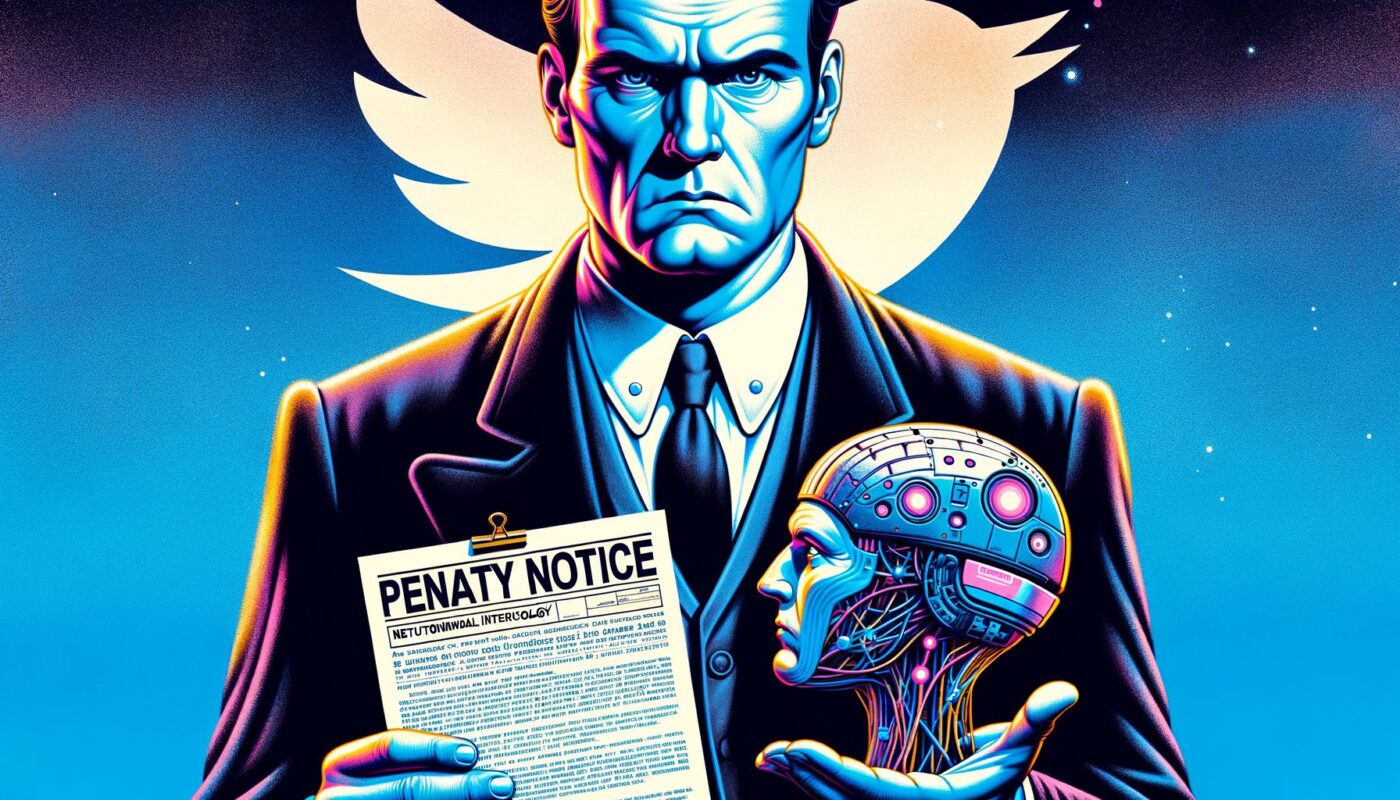In a series of ongoing disputes, Elon Musk finds himself in the crosshairs of the Securities and Exchange Commission (SEC) once again. The tech billionaire is facing pressure from the SEC to pay a fine or face charges for failing to disclose his initial acquisition of Twitter shares in a timely manner. This situation escalates the long-standing tumultuous relationship between Musk and the SEC, which has been marked by numerous clashes.
Musk’s Ongoing Battle with the SEC
Elon Musk’s latest encounter with the SEC revolves around his 2022 acquisition of a significant stake in Twitter. The SEC accuses Musk of not disclosing his acquisition of a 5% stake in the company within the stipulated regulatory timeframe, which has allegedly affected investor gains. By the time Musk made his holdings public, he had already increased his stake to over 9%, resulting in a sharp rise in Twitter’s stock value by 27%. This delay has sparked significant controversy among investors.
Musk’s legal representative, Alex Spiro, has described the SEC’s demands as a “misguided scheme,” suggesting that the regulator’s actions are attempts to intimidate the tech magnate. This is not Musk’s first run-in with the SEC; back in 2018, he settled a case involving tweets about taking Tesla private, which led to Musk and Tesla paying fines and adjustments to his public communications.
Neuralink Under the Spotlight
In addition to the Twitter stock purchase issue, Musk’s brain-interface company, Neuralink, is also under SEC scrutiny. The SEC has reportedly reopened an investigation into Neuralink, focusing on previously raised concerns that Musk might have misled investors about the safety of its brain implants. The SEC has not confirmed these claims, aligning with its policy of non-disclosure on ongoing investigations.
The reopening of this case ties into a broader pattern of regulatory challenges Musk faces, particularly considering his recent high-profile alignment with Donald Trump’s administration. For more insights into Musk’s contentious interactions with regulatory bodies, you can explore our article on Musk’s SEC settlement demand.
The Political Overtones
This latest tussle with the SEC coincides with a broader political backdrop. As outgoing SEC Chairman Gary Gensler prepares to step down, Musk’s alignment with the incoming Trump administration could influence the dynamics of regulatory oversight. President-elect Trump has nominated Paul Atkins, a cryptocurrency advocate, to chair the SEC, potentially signaling a shift in regulatory approach.
Moreover, Musk has been tapped to co-chair a new “Department of Government Efficiency,” which positions him strategically within the <>incoming administration. This role not only amplifies his influence in governmental spheres but also indicates a potential easing of regulatory pressures on his ventures, which include Tesla and SpaceX.
As Musk continues to navigate these legal and political arenas, the implications for the tech industry and regulatory landscape are significant. This intersection of technology, regulation, and politics exemplifies the complexities facing modern tech leaders as they seek to innovate while complying with regulatory frameworks.
With his elevated position in the Trump administration, Musk’s ongoing battles with the SEC are likely far from over, positioning him as a crucial player in the evolving discourse on tech regulation.
Warning : This information is indicative and without guarantee of accuracy. Consult a professional before making any decision.





